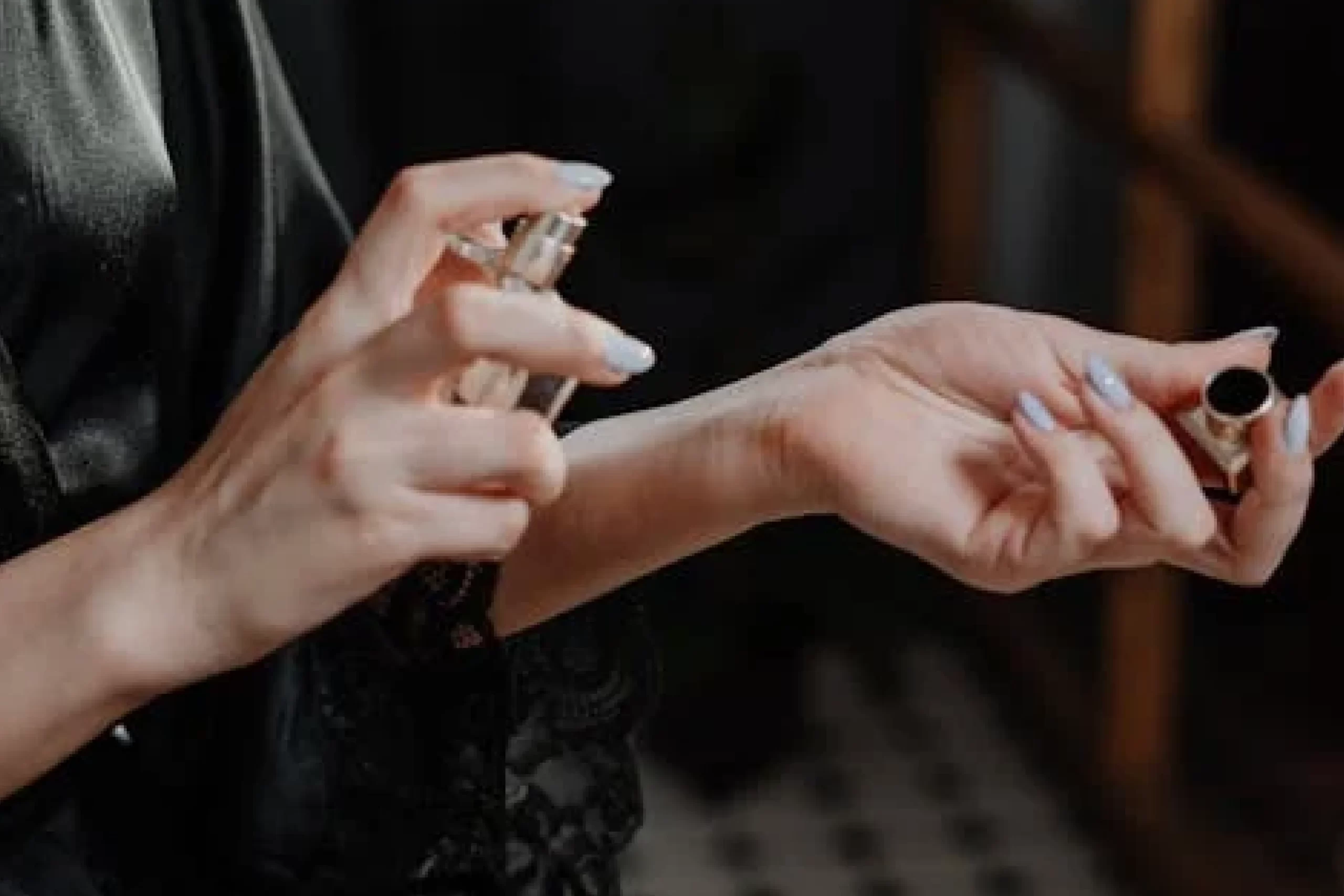The Science of Scent: How Your Nose Detects and Interprets Smells
Ever wondered why a whiff of freshly baked cookies instantly transports you back to your childhood kitchen, or why the scent of rain on a warm sidewalk brings a sense of calm? Our sense of smell is a powerful gateway to memory and emotion, and it all comes down to a fascinating science that takes place right under our noses—literally! In this blog, we’re diving deep into the biology behind our sense of smell, how different scents are perceived, and why certain fragrances appeal to different people. Let’s sniff out the mysteries of scent!

The Nose Knows: How We Detect Smells
At the core of our sense of smell lies a remarkable process involving chemistry, biology, and a bit of magic! Here’s how it works:
The Journey Begins: Inhaling Scents
When you inhale, scent molecules from the air enter your nostrils. These molecules are tiny, invisible, and come from a variety of sources— everything from flowers and food to perfumes and even unpleasant odors.
The Olfactory Epithelium: The Smell Detective
Once inside the nose, the scent molecules travel to a small patch of tissue called the olfactory epithelium, located high up in the nasal cavity. This tissue is home to millions of olfactory receptors, which are specialized neurons designed to detect odor molecules.
Lock and Key: Odor Molecules Meet Receptors
Think of the olfactory receptors as tiny locks, and the scent molecules as keys. Each receptor is designed to detect specific molecular shapes. When a scent molecule binds to its corresponding receptor, it sends an electrical signal to the brain. This is known as the lock-and-key model, which helps explain why some scents are more easily recognizable than others.
Olfactory Bulb: The Brain’s Scent Processor
The signals from the olfactory receptors are sent to the olfactory bulb, a structure located just above the nasal cavity. The olfactory bulb acts as a processing center, interpreting the signals and identifying the scent.
From Nose to Brain: The Limbic System’s Role
The information from the olfactory bulb is then relayed to the limbic system—a part of the brain responsible for emotion, memory, and behavior. This is why scents are so powerfully linked to memories and emotions. A single sniff can bring back vivid memories or evoke strong feelings.
Why Do We Smell Things Differently?
It’s fascinating how a fragrance that one person finds delightful can be unappealing to another. This variation in scent perception boils down to several factors:
Genetic Makeup: The Scent Gene Lottery
Each person’s set of olfactory receptors is unique. Some people might have more receptors for certain types of scent molecules, which makes them more sensitive to those smells. This genetic variability explains why some people might find vanilla comforting, while others barely notice it.
Cultural Influences: The Power of Experience
Culture plays a significant role in shaping our scent preferences. For example, some cultures are more accustomed to spicy or floral scents, while others may favor citrus or herbal notes. This exposure can influence how we perceive and prefer certain smells.
Personal Experience: The Scent-Memory Connection
Personal experiences, especially those from early childhood, can significantly affect scent preferences. If you have fond memories associated with a particular scent, like your grandmother’s lavender perfume, you’re more likely to find similar scents appealing as an adult.
Gender Differences: A Matter of Biology?
Research has shown that women generally have a more acute sense of smell than men, which might explain why certain scents are marketed differently based on gender. This heightened sensitivity could be due to evolutionary reasons, where women needed to detect pheromones or spoiled food more acutely.
The Psychology of Scent: Why Certain Fragrances Appeal to Us
Fragrances aren’t just about smelling good—they can influence our mood, evoke memories, and even change our behavior. Here’s why certain fragrances appeal to us more than others:
Mood and Emotions: Instant Boosters
Scents have the power to influence our emotions and mood. For example, citrus scents like lemon and orange are known to be uplifting and energizing, while lavender and chamomile are associated with relaxation and calm.
Memory Recall: Time Travel for Your Nose
Because of the close connection between the olfactory system and the limbic system, scents can act as powerful triggers for memory recall. A particular fragrance can instantly transport you back to a moment in time, bringing with it a flood of associated emotions.
Biological Attraction: Scent of a Partner
Our sense of smell also plays a role in attraction. Pheromones, which are chemicals secreted by the body, can influence how attractive we find someone. Additionally, certain scents can enhance or diminish this natural attraction, which is why some people prefer muskier or woodier scents while others gravitate towards fresher, cleaner notes.
Fun Facts About Our Sense of Smell
We Can Detect Over a Trillion Scents!
Our noses are more powerful than we often give them credit for. Research suggests that humans can detect over a trillion different scents, making our sense of smell one of the most complex and sensitive.
Your Sense of Smell Peaks in Your Late Teens to Early Twenties
The ability to detect and differentiate scents is strongest in late adolescence and early adulthood, gradually declining with age.
Scents Can Affect Your Tasting Ability
Ever noticed how food tastes bland when you have a cold? That’s because smell accounts for about 80% of what we perceive as taste. The two senses work together closely to create flavor.
Scent and Survival: The Evolutionary Advantage
Historically, our sense of smell helped early humans identify food sources and detect danger, such as smoke from a fire or the scent of a predator. Even today, it can alert us to dangers like gas leaks or spoiled food.
In Conclusion: The Magic of Scent
Our sense of smell is a fascinating and intricate sense that goes far beyond simply detecting odors. It’s a complex interplay of biology, chemistry, psychology, and personal experience. From influencing our emotions and memories to shaping our personal preferences and behaviors, scent is an invisible force that wields incredible power.
At ScentDukaan, we celebrate the science and magic of scent. We believe that finding the right fragrance is a personal journey, one that connects you to cherished memories, uplifts your spirits, and expresses your unique personality. Explore our collection today and discover the scent that speaks to you!
Ready to find your perfect scent? Dive into our selection at ScentDukaan and let your nose guide you!
By understanding the science of scent, you can better appreciate the fragrances you love and maybe even discover new ones that suit your unique olfactory profile. Happy sniffing!












